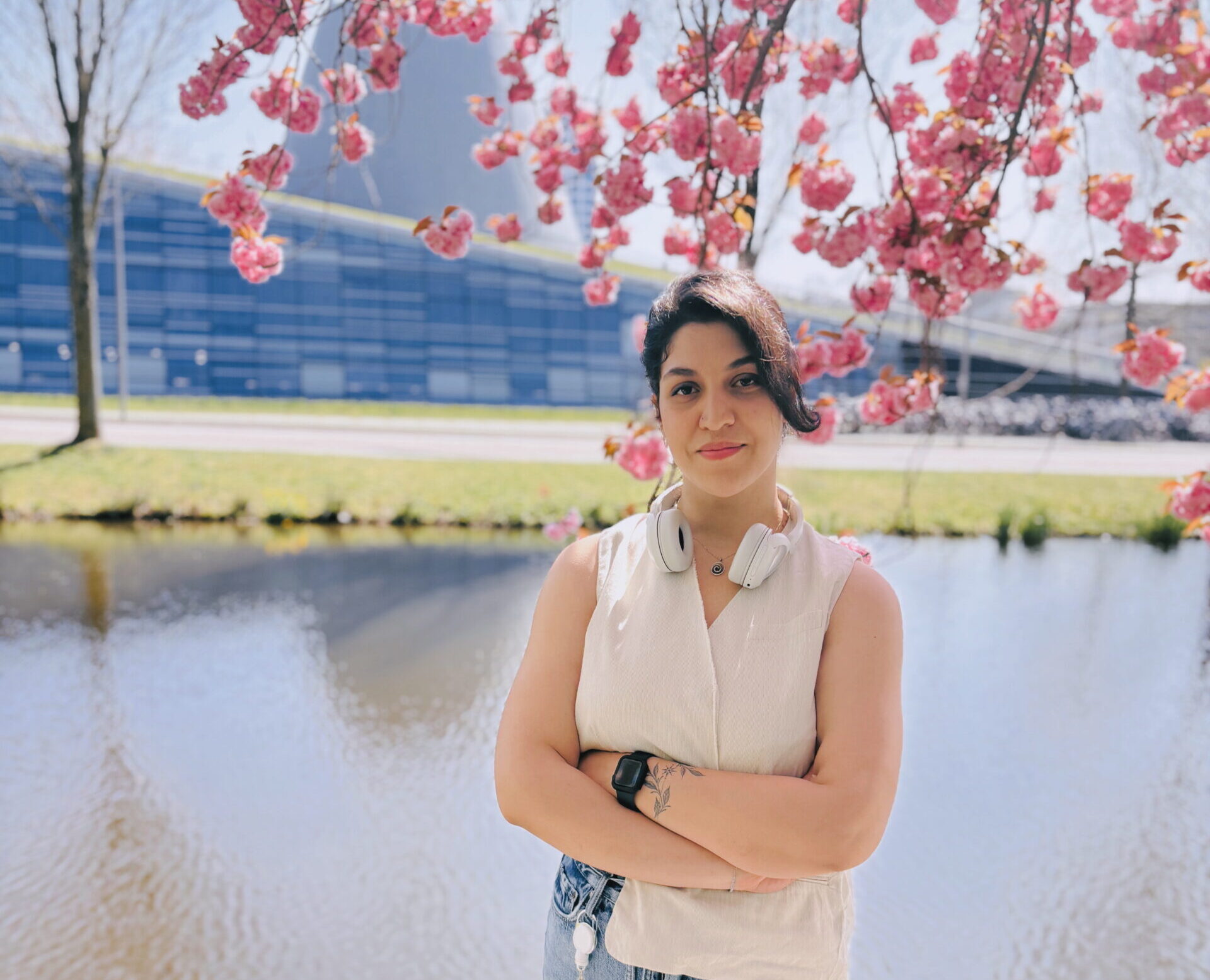Pushing boundaries:
A researcher’s perspective - Sara
As she reaches the halfway point of her PhD, Sara shares key milestones – from passing her Go/No-Go at TU Delft to preparing for her first ISFOG 2025 presentation.
With a focus on pile aging and offshore wind foundation design, 2025 will bring exciting research developments and a secondment focused on life cycle assessment.

You’re almost halfway through the program. How do you feel about your progress so far?
Pursuing a PhD is a challenging journey with its ups and downs, and my perception of my progress often depends on when I reflect on it. That said, looking at some milestones, I successfully passed my Go/No-Go meeting at TU Delft and had my paper accepted for ISFOG 2025. Additionally, I have started writing my first journal paper based on my first year’s work. Overall, I believe my progress has been good!
Has the project met your expectations? If so, how? If not, what has surprised you the most?
Working as a FRONTIErS PhD candidate at TU Delft has given me incredible opportunities to build a strong network, learn from experts, and deepen my knowledge in my field. These were exactly the experiences I hoped for.
Looking back at the past year, what stands out as the project’s most significant achievement or milestone? Were there any unexpected successes or breakthroughs?
Looking back at the past year, I believe my most valuable achievement has been learning how to effectively communicate my research. By attending several seminars and events, I not only strengthened my professional network but also developed the skills to present my work with impact and clarity.
As we progress through 2025, what are you most looking forward to in terms of the project’s next steps? Any major developments or goals on the horizon?
In 2025, my main focus will be completing the work for the two work packages I need to deliver. I am working on a database for pile aging investigation, which will provide valuable insights into the time-dependent increase in pile bearing capacity. Additionally, I will plan my secondment, where I will work on the life cycle assessment of offshore wind turbine foundations, using insights from my research on aging.
What do you see as the biggest challenge for the project in 2025? How do you plan to navigate these challenges? Are there any opportunities that excite you as well?
Time management will be a key challenge as I need to carefully plan my schedule to meet deadlines while ensuring high-quality research. In June, I will be attending ISFOG, where I will present my work for the first time at such a prestigious conference. I am truly excited about this opportunity!
